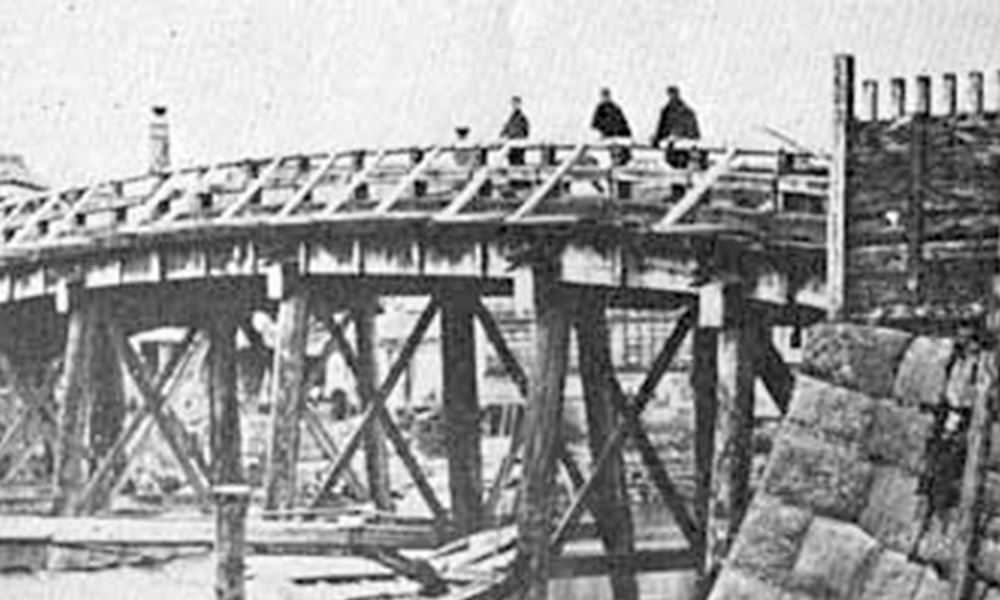
1872年東京 日本橋
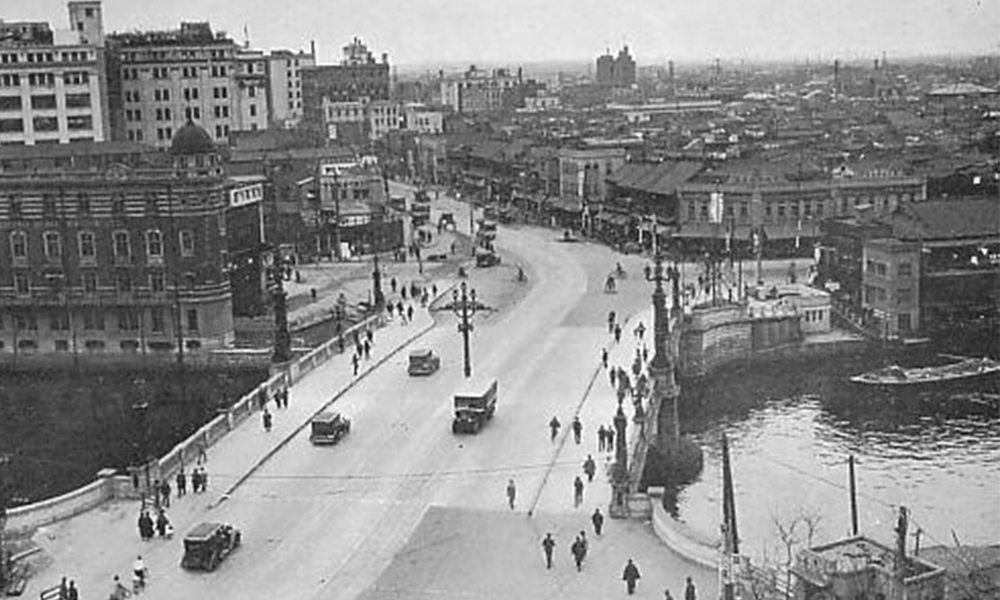
1933年東京 日本橋
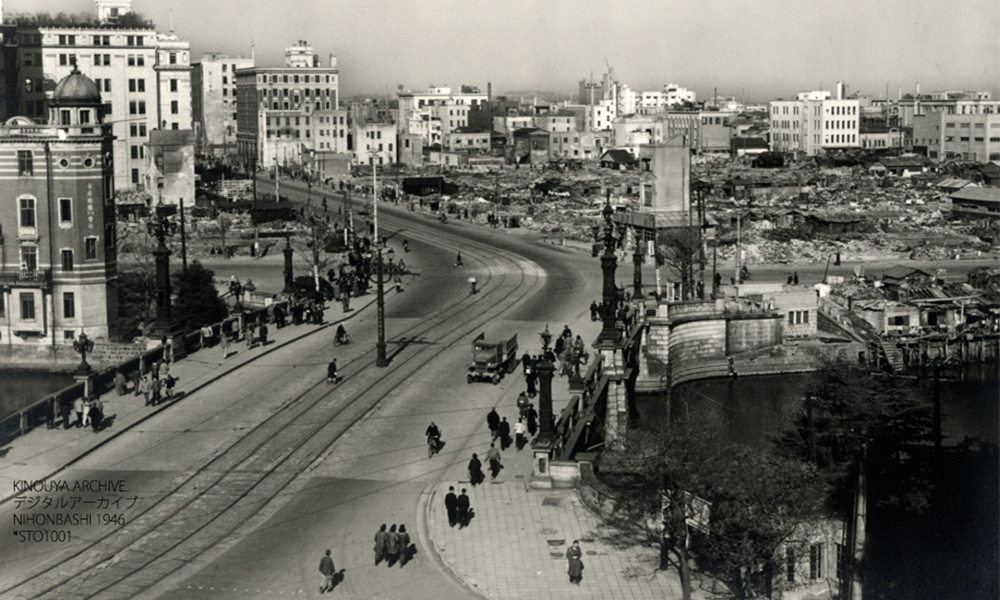
1946年東京 日本橋
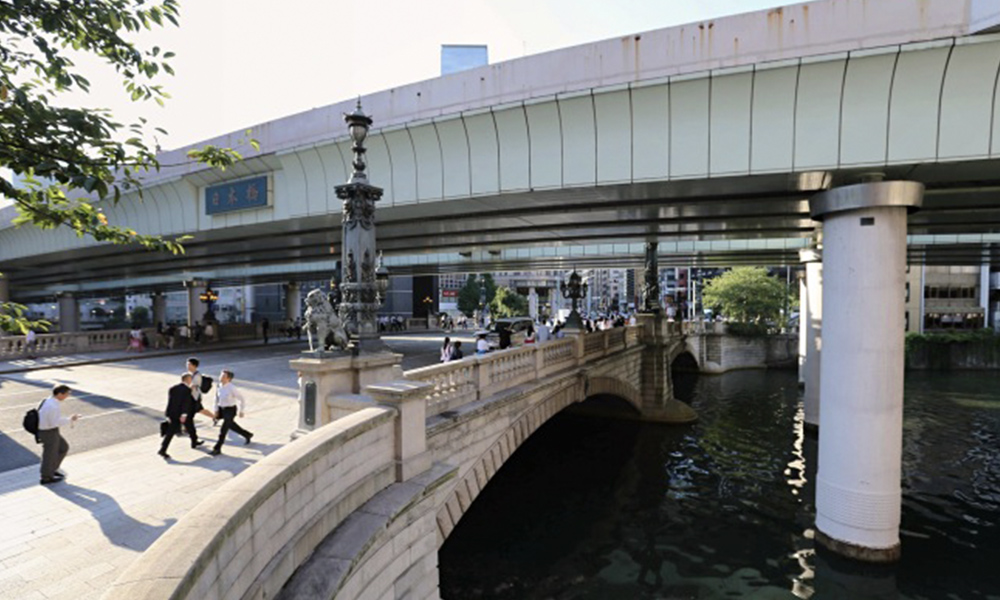
2017年東京 日本橋
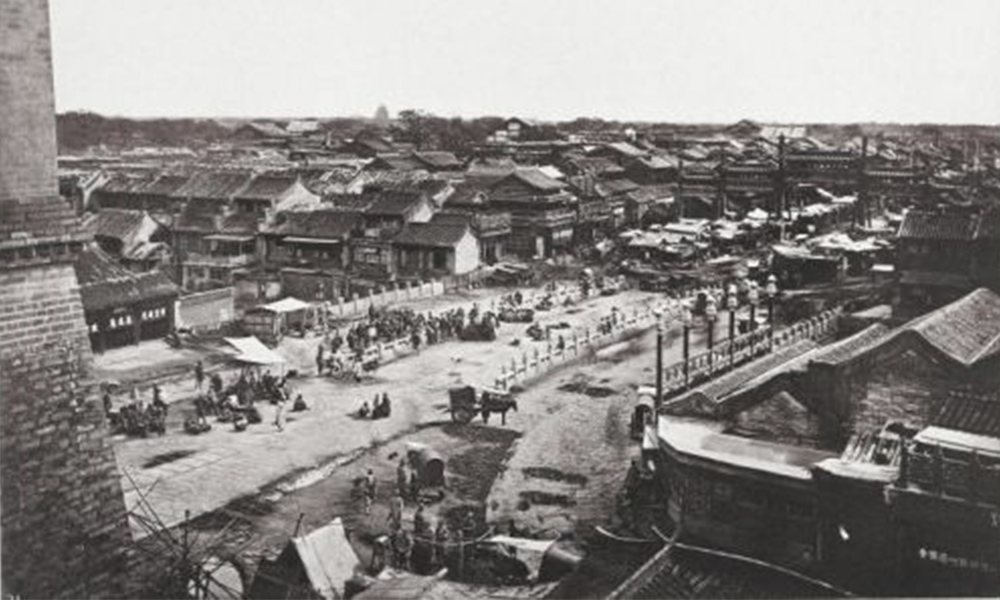
1872年8月〜10月北京 前門
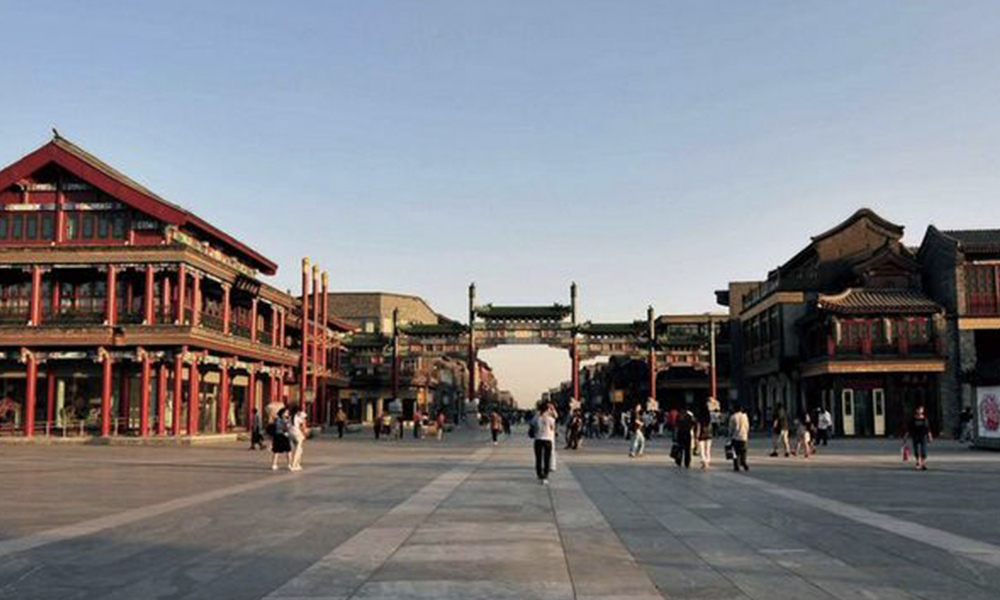
現在北京 前門
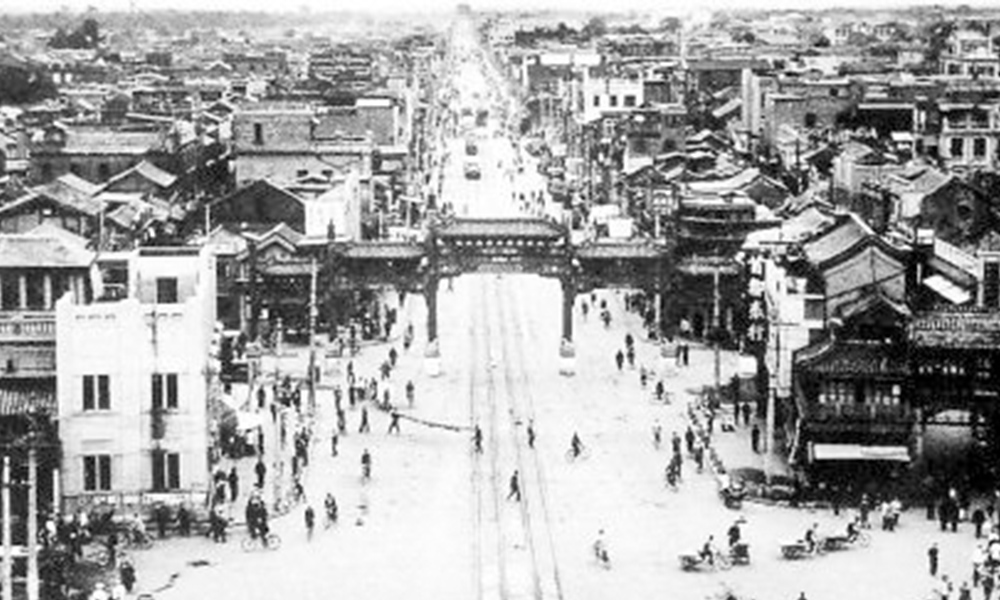
1949年前後北京 前門
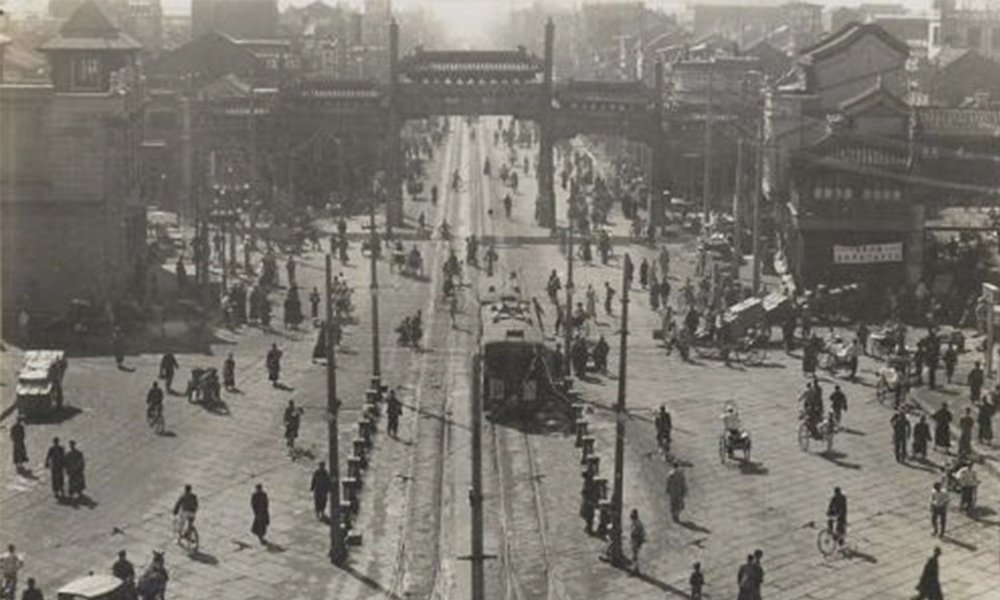
1930年代北京 前門
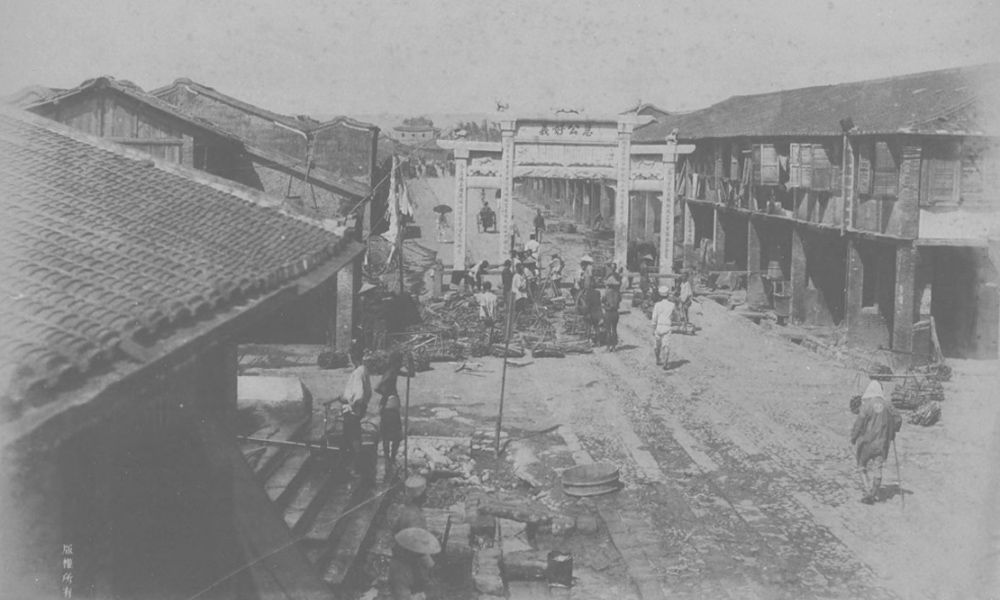
1895年台北 衡陽路
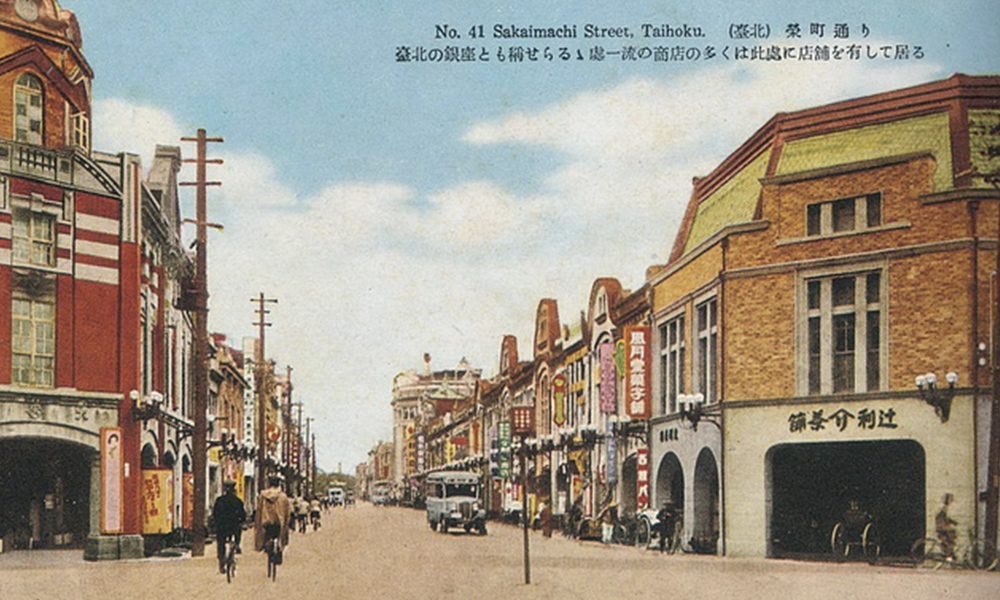
1930年代台北 衡陽路
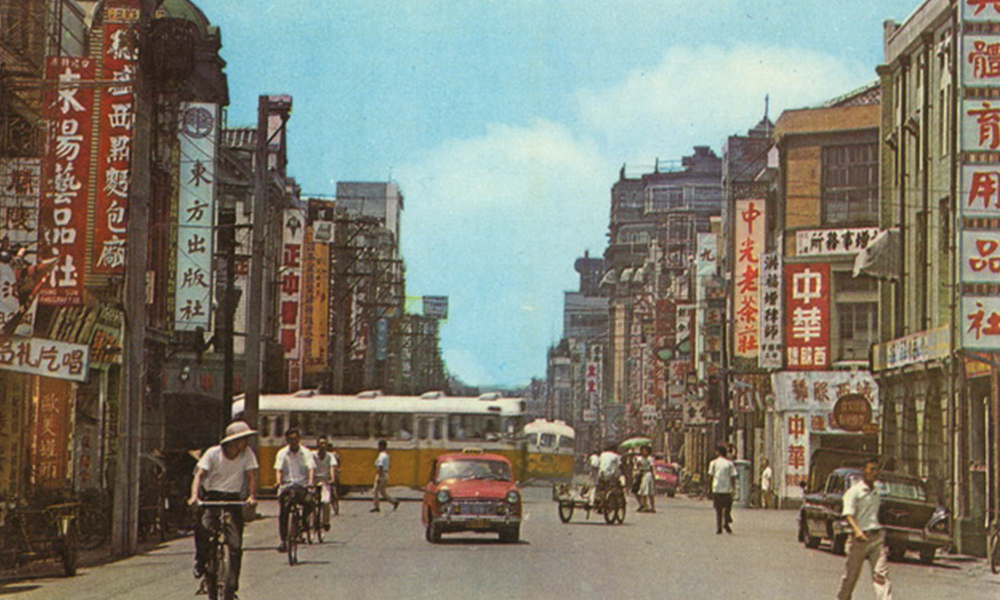
1960年代台北 衡陽路
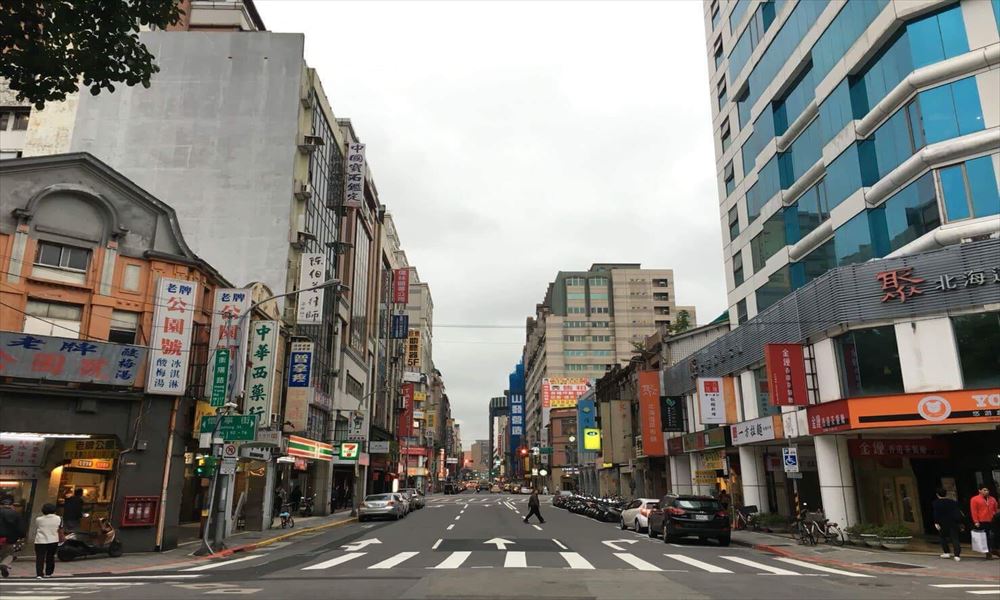
現在台北 衡陽路
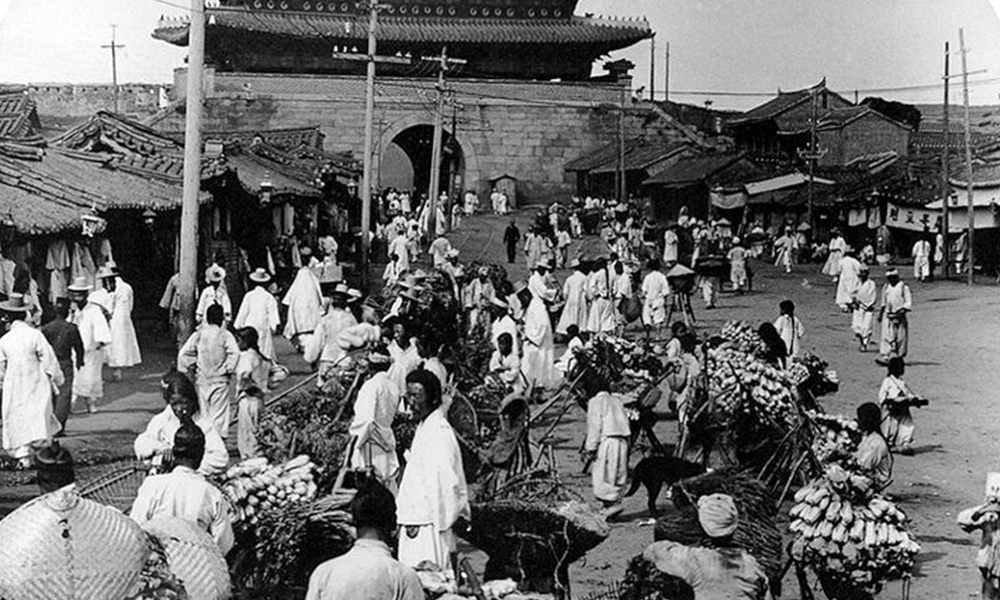
1904年ソウル 南大門
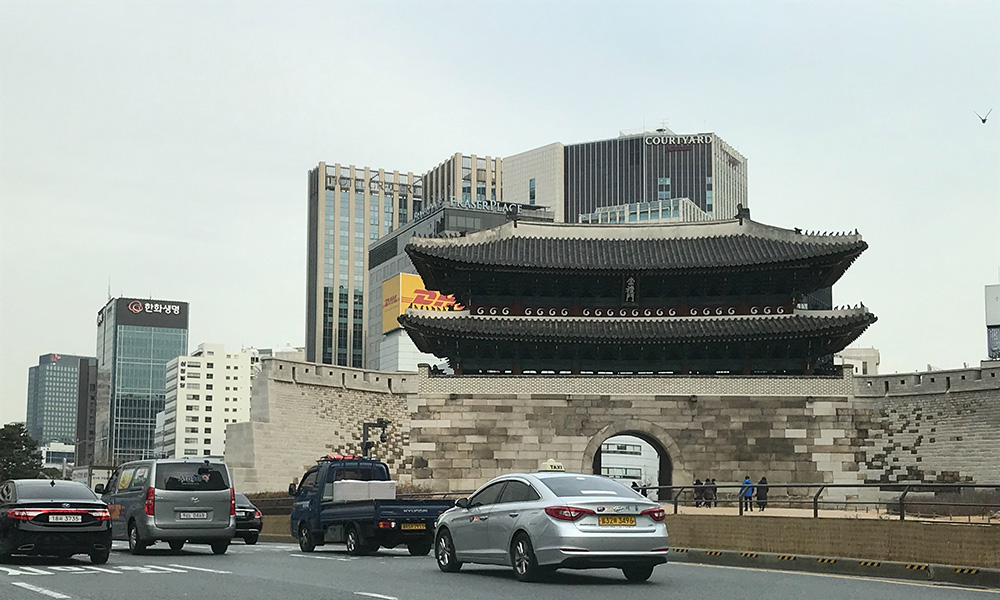
2006年ソウル 南大門
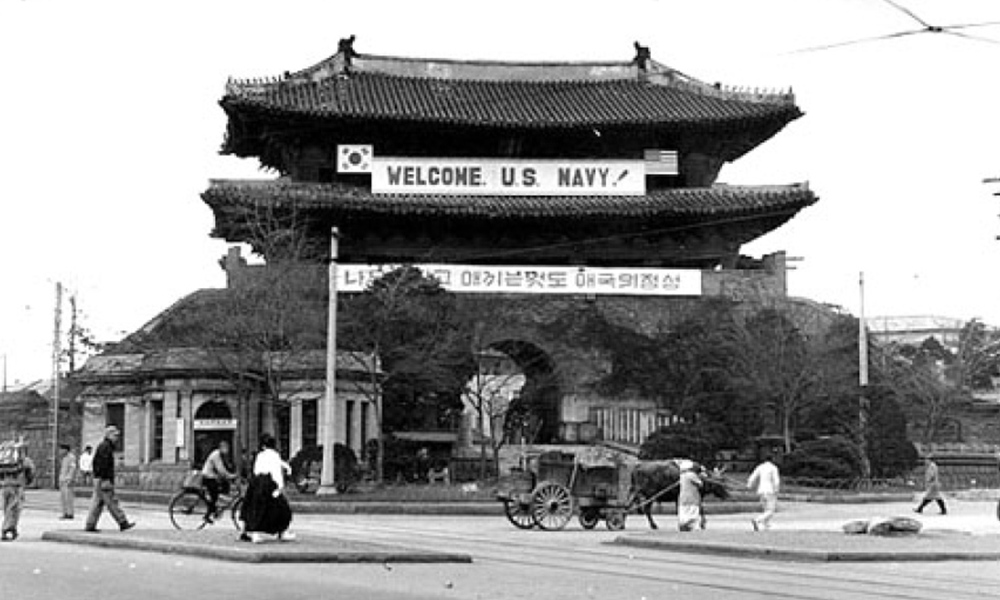
1950年ソウル 南大門
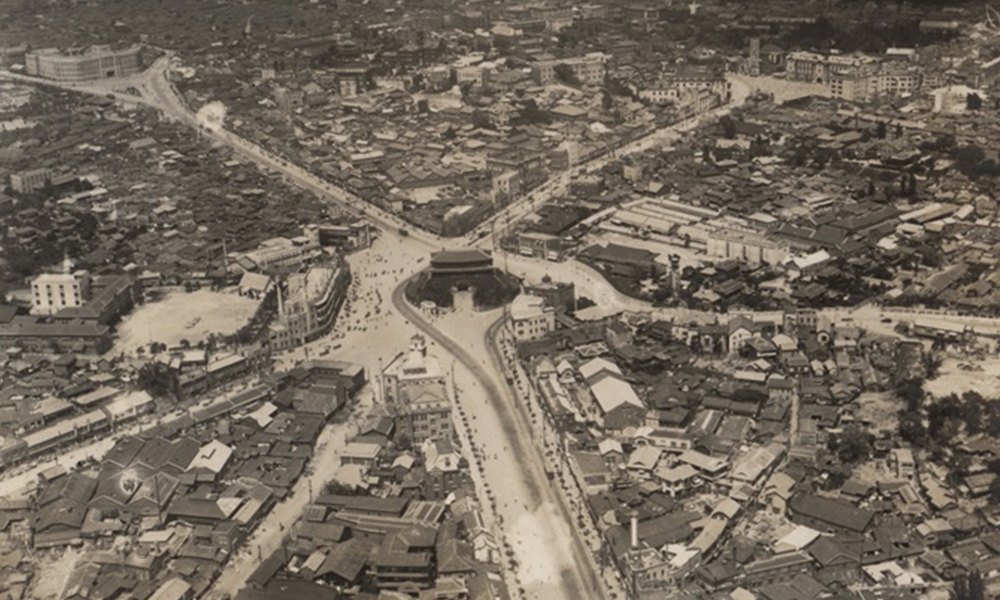
1940年代初ソウル 南大門
Special Seminar “The Korean War: Towards Digital Memorial and History Education”
Jongwoo Han is a joint faculty member of the Maxwell School’s Korean Peninsula Affairs Center, Syracuse University. He founded the Korean War Veterans Digital Memorial and serves as President of the World History Digital Education Foundation and the Korean War Legacy Foundation. In addition to articles in renowned scholarly journals such as International Studies Quarterly, he has published several books on Korea: Networked Information Technologies, Elections and Politics; Understanding North Korea: Indigenous Perspectives; Power, Place and State-Society Relations in Korea: Neo-Confucian and Geomantic Reconstruction of the Developmental State and Democratization; and The Gospel: Mark, Matthew, Luke and John in One. His involvement with North Korea’s Kim Chaek University of Technology since 2002 led to North Korea’s first digital library in 2005. As Series Editor of “Lexington Studies on Korea’s Place in International Relations,” he is working with scholars to produce five books annually, including his own The Two Korean Wars and Metamorphosis of US-Korea Relations. Han earned a Ph.D. in political science from Syracuse University in 1997.
This seminar is presented by Waseda Institute of Korean Studies in collaboration with Global Asia Research Center and Center for International Reconciliation Studies, Waseda University.
Summary:
2020 will commemorate the 70th anniversary of the breakout of the Korean War, reminding the world of the longest war that occurred in the 20th century. Further, this unresolved war has been the eye of the current storm caused by North Korea’s nuclear weapons system and China’s challenge to the US. China continues to challenge U.S. hegemony not only in the South China Sea but all over the globe, “Thucydides Trap.” In this new phase of unfinished Cold War rivalry, the Korean War, the divided Korean Peninsula, and nuclear negotiations have now taken center stage in international politics.
Despite its historical significance in the 20th century history, Korea’s place in history education has been extremely limited in U.S. courses on domestic and world history. Until recently, the AP World History curriculum included one mention of Korea, while more than twenty topics were allocated to China and Japan. The addition of two new Korean topics to the College Board’s revised curriculum of 2017 was an eye-opening step toward rectifying the underrepresentation of Korea in our history education. “Korea’s Place in Teaching AP World History” represents the Foundation’s first step in its ambitious “K-12 Korean Studies Project,” bringing educational insights to various disciplines (e.g., AP U.S. History, Government, and Geography) across grades on the previously forgotten histories of the Korean nation.
Enquiry: Prof. Kim Kyungmook (kimkmok@waseda.jp)
Please refer to the attached file for further details.
Special Seminar “The Korean War: Towards Digital Memorial and History Education” (PDF)